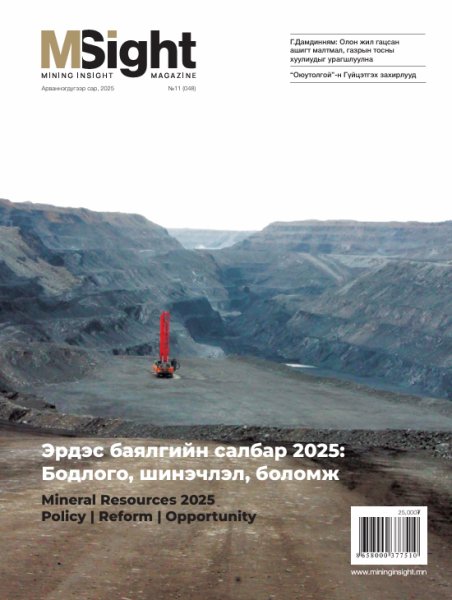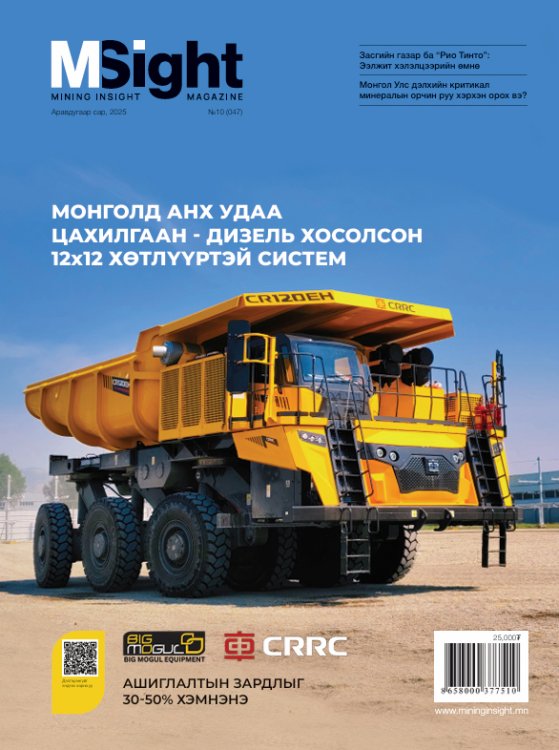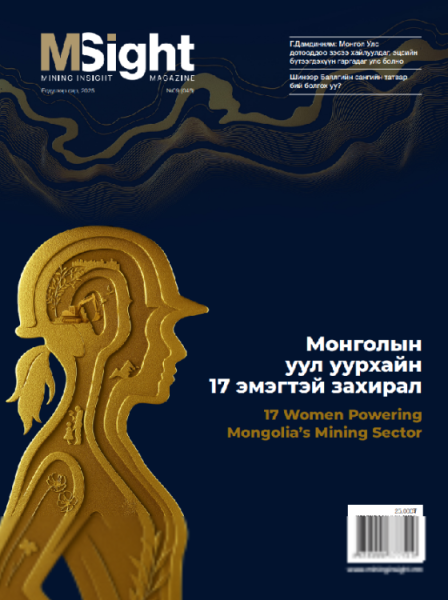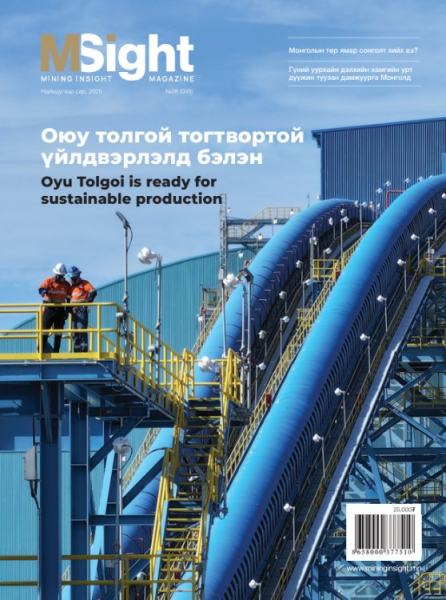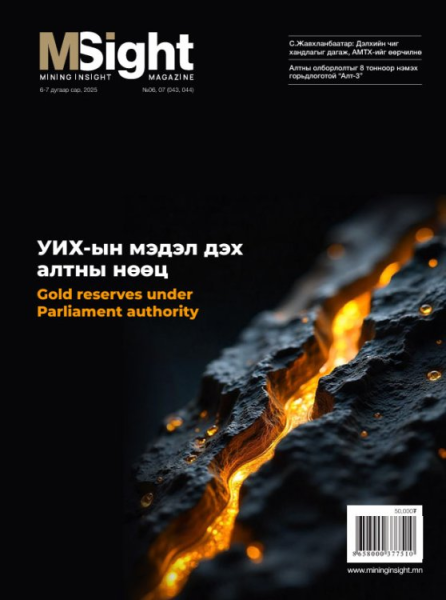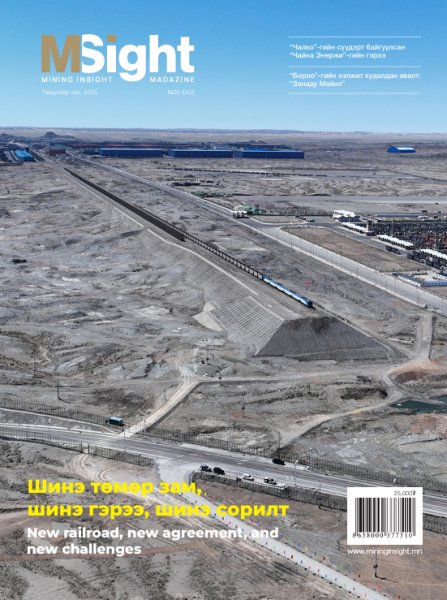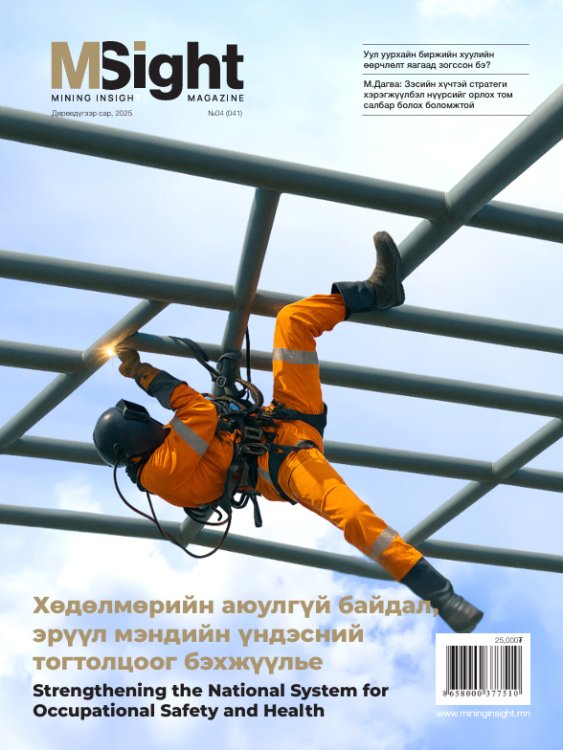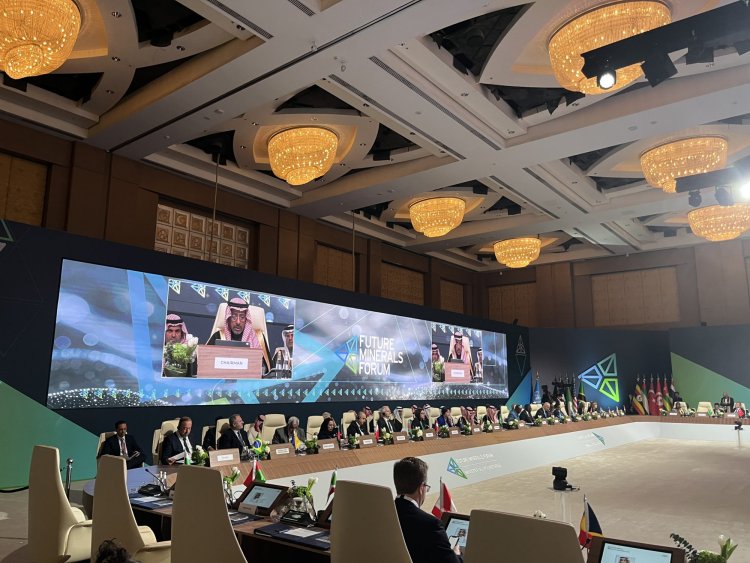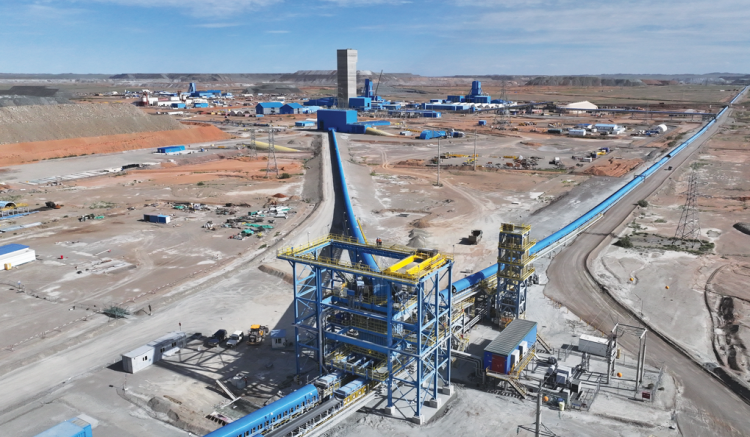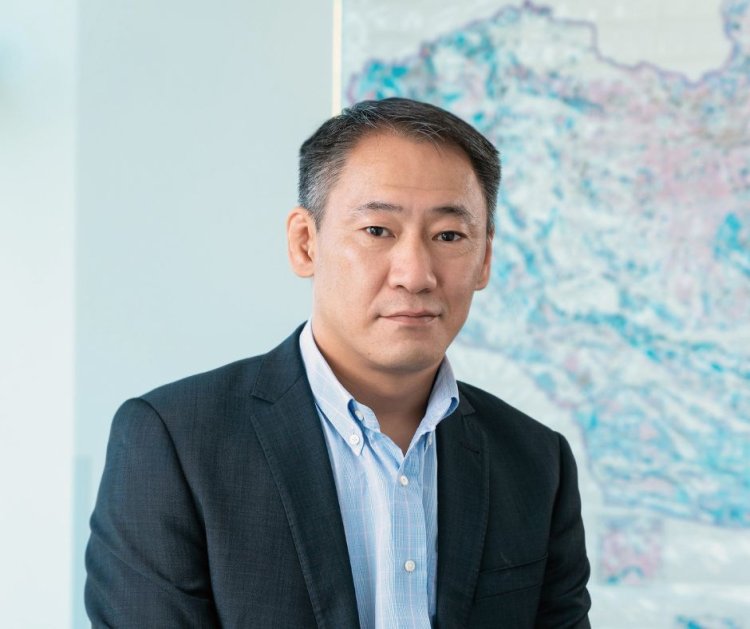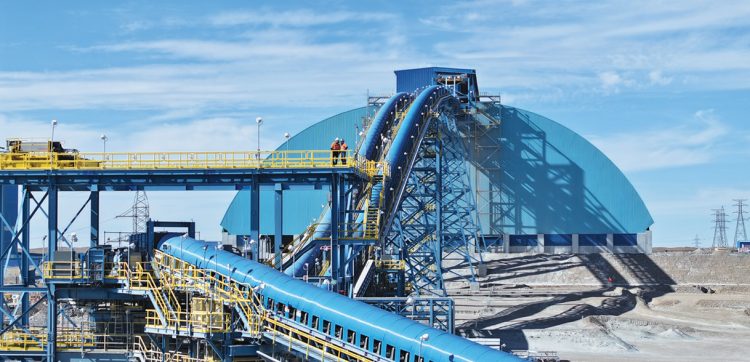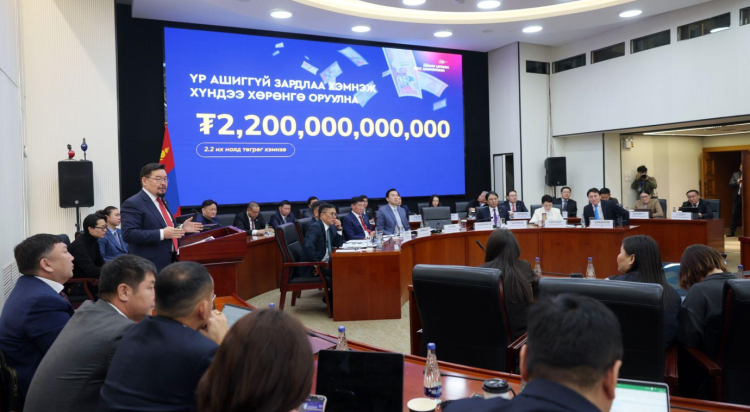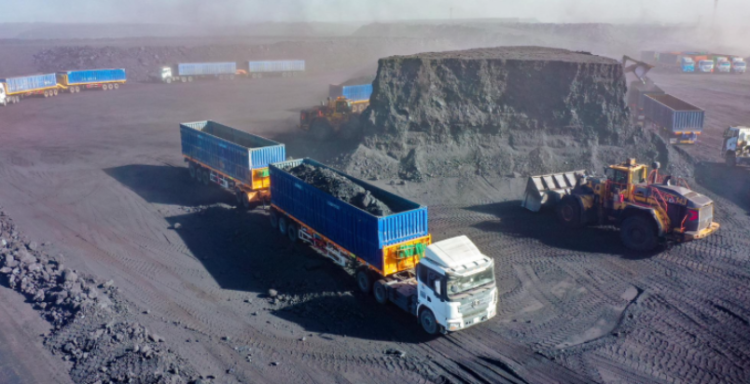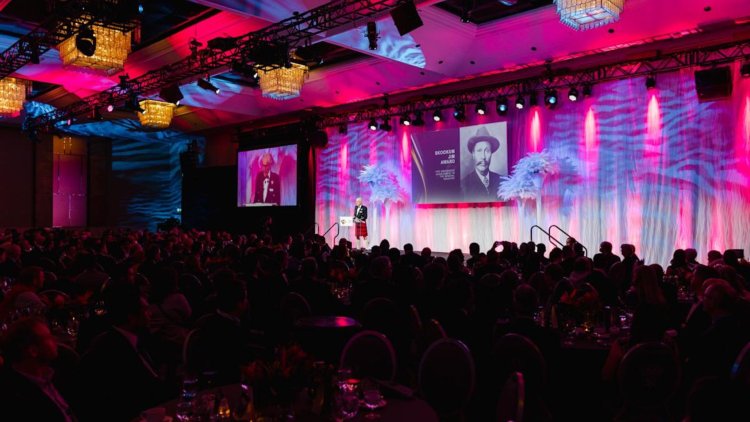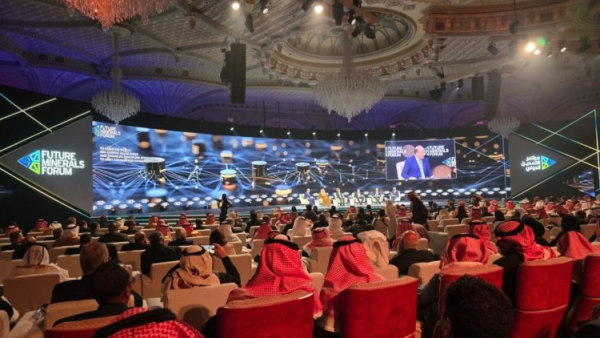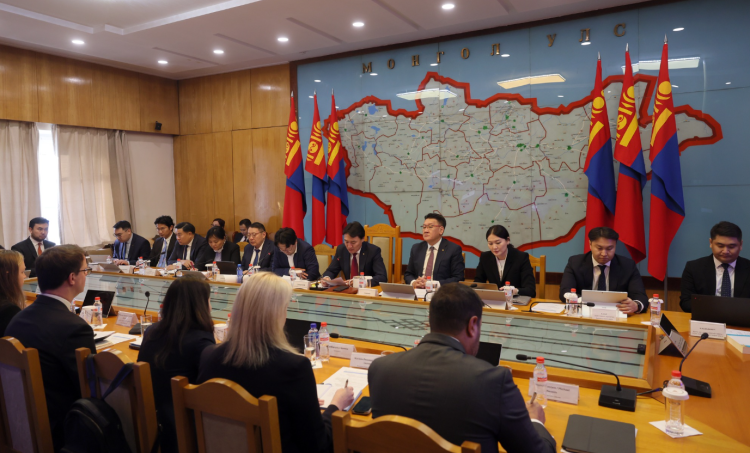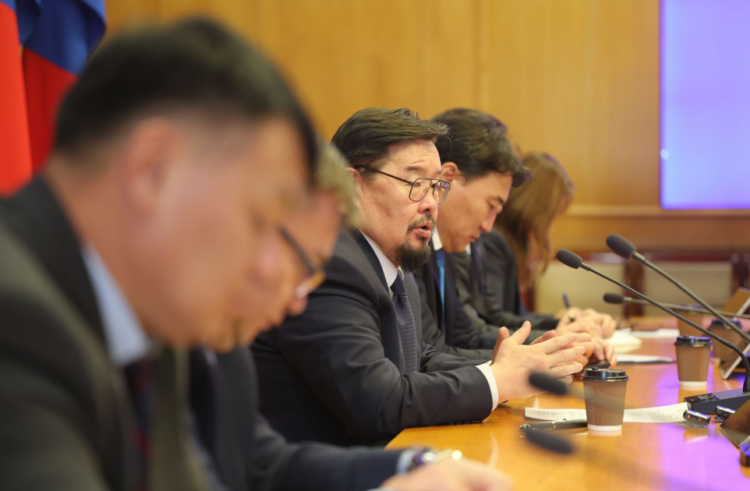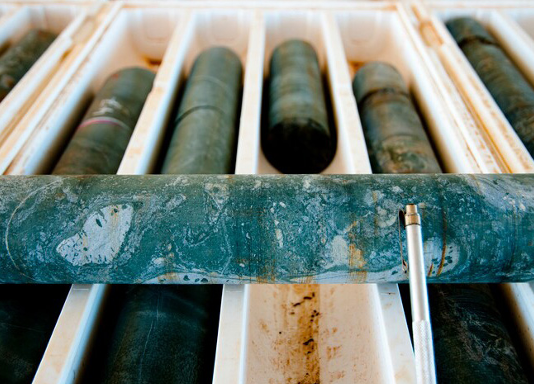
In 2024, a historic moment unfolds as the largest number of elections globally takes place, spanning over 70 countries and involving half of the world’s population, including Mongolia. The 2024 regular elections for the Mongolian Parliament mark a significant milestone, as 128 members will be elected for the first time in history, utilizing a mixed electoral system. Mongolians find themselves amidst a period of heightened political engagement, anticipating the ongoing politicization leading up to the voting day on June 28. Despite the election fervor dominating the political landscape, the cover image of Mining Insight magazine hints at a deliberate shift, emphasizing that the publication remains dedicated to mining as the primary and pertinent subject amidst the broader political discourse. In the lead-up to elections, the mining sector in Mongolia experiences heightened attention and political maneuvering. It has become a recurring trend for electionyear promises and sudden proposals to allocate mining revenues as gifts. Notably, companies like Oyu Tolgoi and Erdenes Tavan Tolgoi bear a significant impact. Originating in the 2008 elections, this political strategy has persisted for 16 years across four elections and is now entering its fifth cycle. As the 2024 election year commences, there is a notable escalation in attacks directed towards the mining sector. An early instance involves a proposal from a member of the Khovd region to designate the Khushuut coal mine as a strategic deposit and allocate its natural resources to the public. Additionally, discussions have surfaced about granting 1,072 shares of Erdenes Tavan Tolgoi to children born after 2012, accompanied by the distribution of dividends.
Erdenes Tavan Tolgoi remains a contentious entity. The distribution of 1072 shares to every citizen, a significant electoral card for the ruling party since its inception, was initiated just before the 2012 elections. Subsequently, every four years, leading up to elections, there is a sudden resurgence of attention towards the 1072 shares. This involves share distribution, issuing new shares, valuing them at a specific level, repurchasing from citizens, and disbursing dividends. The recurring cycle of this process every four years is set to reoccur. Simultaneously, the familiar politicization surrounding Oyu Tolgoi, typically unfolding before elections, is poised to commence soon. It is impossible to predict how the process will continue, what other companies and projects will be taken over, and what wise politicians will come up with a flash of wisdom to bring natural resources to the people. One thing is clear: the consequences of this frenzy, awakened by elections, are not limited to one sector. It affects the fate of the entire economy and casts its dark shadow. All the efforts and steps taken to develop the mineral resources sector and attract investment have been undermined by politicians advocating for one-time cash distribution, license cancellations, and state takeovers of deposits.
Real and concrete opportunities have been scattered and met with impasses. Essentially, since 2008, we have witnessed a range of actions driven by politicians seeking attention and popularity through elections. In the fourth election, there was an active propaganda campaign claiming that the people of Mongolia were unable to benefit from the country’s wealth. Promising to distribute a significant amount of money, this politicization has not only insulted the people but also raised concerns within the mining industry, as it poses a threat to the sector that sustains the country’s economy. Continuing political upheaval in this manner risks squandering a lucrative industry with the potential for further growth. Regardless of the grand policy goals set for the mining sector, persistent political turbulence, tarnishing its image, and subjecting it to detrimental swings, will impede its development. Despite these challenges, there has been an acceptance and adaptation to this reality, which is explored further in Mining Insight’s featured article on this issue. Additionally, the first issue of 2024 features an interview with Deputy Minister of Mining and Heavy Industry Uyanga. B. This interview aims to provide fresh insights into the foundational concepts and significant modifications associated with the Minerals Law revision.





